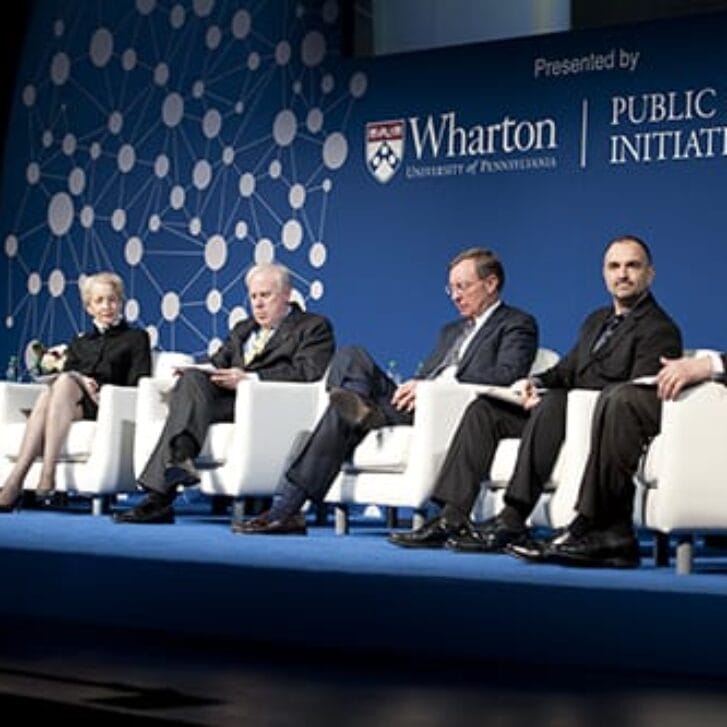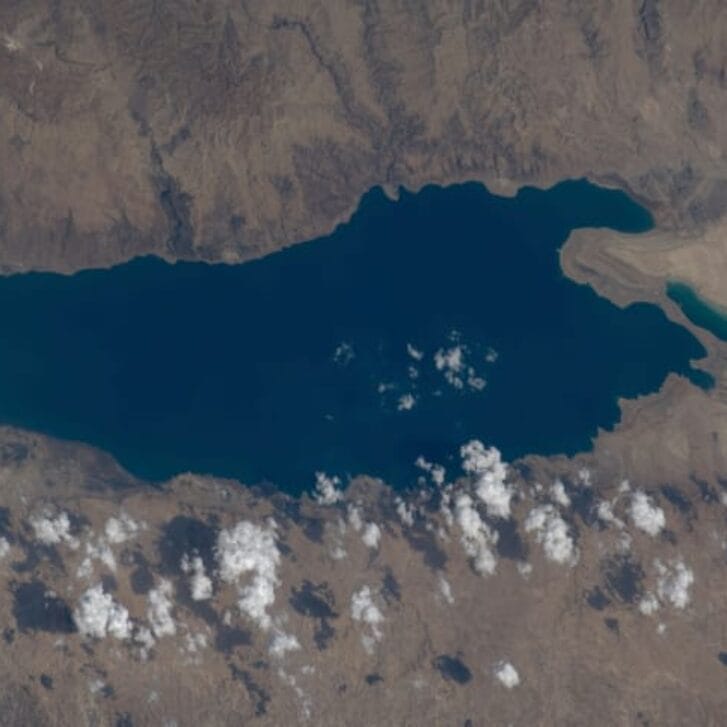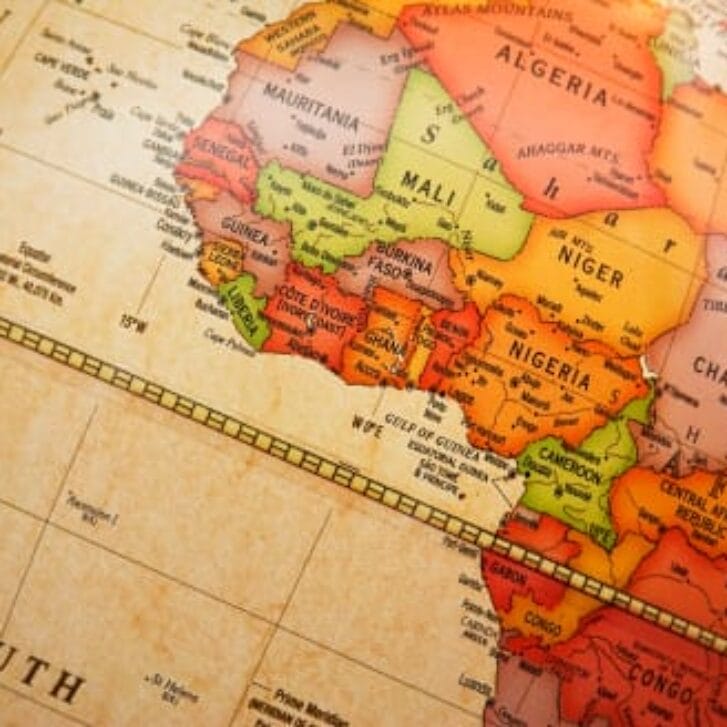Most people would not move for the sole purpose of lowering their tax bill, but some will. If these “some” include a few of our generation’s biggest innovators, their migration could determine which countries prosper and which stagnate or decline.
Governments in developed countries face an intractable dilemma against a backdrop of rising dependency ratios (fewer workers per dependent). On one hand, they will need more tax revenues to extend social services to their aging populations. On the other hand, the world’s most productive people and biggest tax contributors may choose to move or settle elsewhere.
Exhibit One is the increased mobility of the wealthy. In the 1950s and 1960s, the brain drain was still working exclusively in America’s favor. Today, many more nations enjoy political stability and a friendly business climate. States and nations may find that they now have to compete to gain and keep the people who are responsible for creating the most wealth and the most tax revenue. If taxes rise too much in a state or country, many people will move to another state or country.
Consider the highest tax rates in the following countries: Hong Kong (15 percent), Brazil (27.5 percent), Liechtenstein (17.8 percent), Singapore (20 percent), Switzerland (22.4 percent in its lowest tax canton). Some smaller countries like Bermuda, the Cayman Islands and the United Arab Emirates (including Dubai) have no income tax at all.
It would be difficult to forego California as a tech entrepreneur—but perhaps less so if one’s destination is a resurgent Rio de Janeiro.
The world has been turned upside down in more ways than one. It is the countries of the free world—the United States and Western Europe—which are comparatively less free when it comes to taxation and regulation, while the former communist countries have adopted some of the lowest tax rates and least burdensome regulations.
Exhibit Two is the fact that wealth itself is more mobile. A large share of wealth in the United States today is derived from intellectual property, which is more portable than wealth gained from hard assets. When people historically created wealth from large and expensive hard assets such as mines, railroads or factories, as they did in the 1950s and 60s, most of their assets stayed behind if they decided to move away. But now as people create wealth primarily from intellectual property assets (such as brands, copyrights and patents), their main assets move with them wherever they go.
As people and wealth have become more mobile, one should not downplay the importance of networks. Google will likely remain in Northern California and Goldman Sachs in New York City because they derive large benefits from nearby parallel networks of like-minded professionals. But a new network can take root in a new location, anchored by a large firm or by a university, as witnessed by the technology industry’s fast growth around Austin, Texas.


























